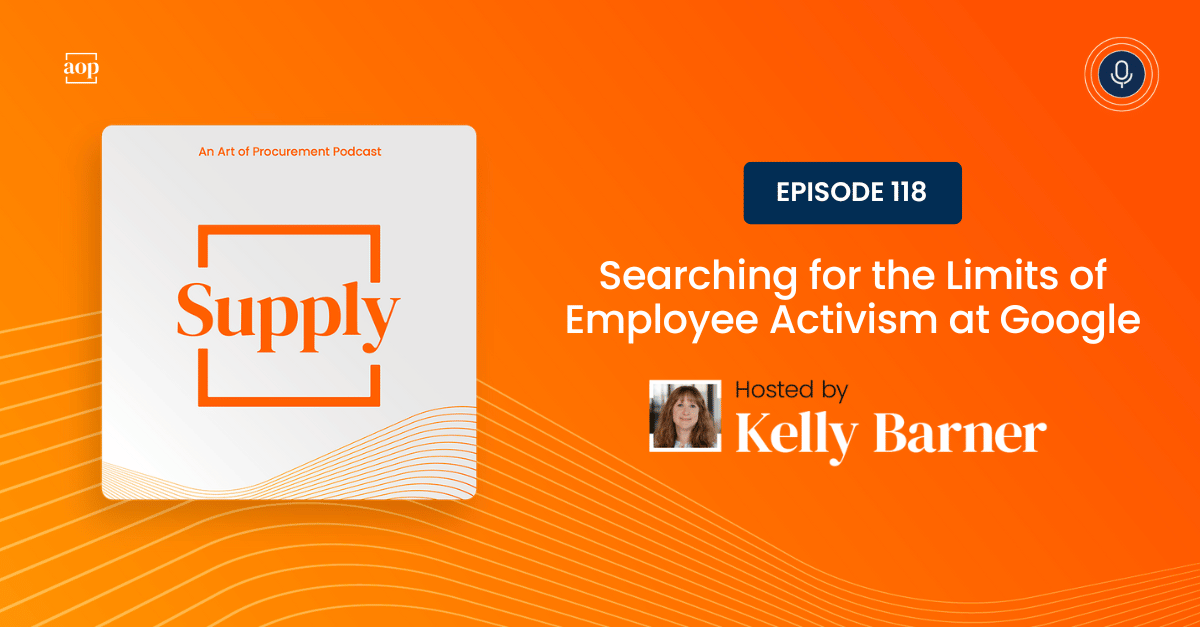
The Racketeer Influenced and Corrupt Organizations Act, better known as RICO, is usually associated with organized crime. In 1992, it was used to bring down the Gambino Crime family and sentence John Gotti to life in prison.
But is there a “supply chain mafia?” A newly-filed legal complaint will ask (and hopefully answer) that very question…
On December 8th, it was disclosed that PYNQ Logistics Services had filed a lawsuit against FedEx Ground back in November. PYNQ claims that FedEx engaged in a deliberate effort to defraud them in their role as a FedEx Ground contractor (or independent service provider, ISP). They have claimed that FedEx acted in violation of the RICO Act, that FedEx Ground’s actions are part of an ongoing criminal organization.
No one has actually been found guilty of anything yet, and the court system is designed to protect the rights of and uphold the law for everyone involved, but if PYNQ is successful in their pursuit, it could turn the whole FedEx Ground model on its head.
Who is PYNQ Logistics?
PYNQ Logistics is a female- and minority-owned business founded by former commercial pilot Tara Wright. She founded PYNQ in 2020 and started looking for opportunities.
FedEx Ground’s independent contractor model appealed to her, but it isn’t easy getting a FedEx Ground contract, so she sought help from a company called Route Consultant.
Route Consultant is one of the businesses owned by Spencer Patton, the (now former) FedEx Ground subcontractor sued by FedEx in 2022 for pushing back against the company’s contract terms and operational processes. Tara Wright reached out to Route Consultant a year before any of that happened. She and her team were looking for help, and Route Consultant is where they went.
After careful consideration and much two-way vetting, PYNQ spent $1.13 Million in 2021 to buy two FedEx Ground delivery areas on the California-Oregon border.
In June of 2022, when the contract was scheduled for renewal, PYNQ ran into trouble. According to the complaint, FedEx Ground offered them three renewal options, each of which would be less profitable than the in-place agreement.
PYNQ’s contract ran out on May 17, 2023, and termination letters from FedEx came the very next day.
Breaking Up Is Hard to Do
Reading the details in the complaint reminds me of the bad end to a long-term romance: once things go bad, everything seems to get worse quickly. All benefit of the doubt is gone, and the situation seems to snowball.
FedEx Ground was reportedly using an AI-based tool to help determine the profitability of each service area. One of PYNQ’s two routes was deemed unprofitable by the system, something they had been saying for a while. But instead of raising rates to make the route profitable, it was absorbed into another service area, and PYNQ lost the opportunity to continue servicing it.
PYNQ also alleges that FedEx assigned their other route over to a new contractor, even while still re-negotiating with PYNQ. And as soon as the termination was complete, PYNQ was locked out of the FedEx Ground system… which not only contained their FedEx service records, but also their other customer records, because FedEx requires contractors to store those in their system as well.
According to the complaint, PYNQ was led to believe one thing about the independent service provider experience and then almost immediately realized it was going to work differently.
In the court filing, PYNQ claims that FedEx Ground:
- Prevented PYNQ from operating their routes
- Prevented them from selling those routed to qualified buyers
- Falsified performance numbers against PYNQ so they would not be able to renew
- Terminated PYNQ’s contracts
- And that they “otherwise acted to undermine, sabotage, destroy and ultimately confiscate [the] Plaintiff’s business.”
Violating the RICO Act?
The court system will have to decide if FedEx Ground violated the RICO Act as charged, but they will also be asked to determine whether FedEx Ground’s independent service providers were actually employees despite being categorized as contractors.
According to a piece in Freightwaves, PYNQ alleges that FedEx violated RICO “by fraudulently inducing the company to enter into a contract with the understanding that it would be independent but was instead subject to controls that required it to function like an employee.”
If the court rules that PYNQ (and, by extension, the other contractors) were acting as employees, it will open the door to a class-action lawsuit.
They also report that PYNQ evaluated multiple options, but ultimately selected FedEx Ground because there was more, longer term opportunity available to them even though the initial investment was considerably higher.
What’s next?
I have to question the end-game: is the goal to fix the FedEx Ground system or to break it up? Although there are many details in the complaint that relate to PYNQ specifically, most of the details are general, suggesting that the problem is systemic.
One of the hard parts of any contracted agreement is striking the right balance of controls, choice, and freedoms. It is not hard to see where repeatedly pairing a contractor ‘choice’ with a FedEx Ground consequence might create a culture of control, but it all has to be proven beyond a reasonable doubt.
First, PYNQ has to get past the first round, a ruling that they were acting as an employee rather than a contractor. Then a determination can be whether or not to expand this into a class action lawsuit.
Public sentiment may end up being an important factor as well.
I previously made the case that the Teamsters labor union did a much better job negotiating their contract with UPS in the court of public opinion than the Hollywood actors and writers did when they were up against the studios.
A sympathetic message that is easy to understand and relate to goes a long way to winning people over to your side. For instance, the UPS drivers wanted more air conditioning in their trucks. You don’t need to be a supply chain superstar to relate to that.
Will Tara Wright and the team at PYNQ find a justification for their complaint that resonates with the general public? Will they convince other FedEx Ground contractors to step up and join a class action lawsuit? Will PYNQ have that opportunity?
There are so many ‘what ifs’ to sort through, from the court’s ruling or FedEx Ground’s defense, and the response of the general public. The rest of us just have to watch and wait.
Links & Resources
- Art of Supply Home Page
- Kelly Barner on LinkedIn
- Art of Supply (formerly Dial P for Procurement) LinkedIn Newsletter
- Case Dismissed: Spencer Patton Prevails Over FedEx
- Where are they now?





